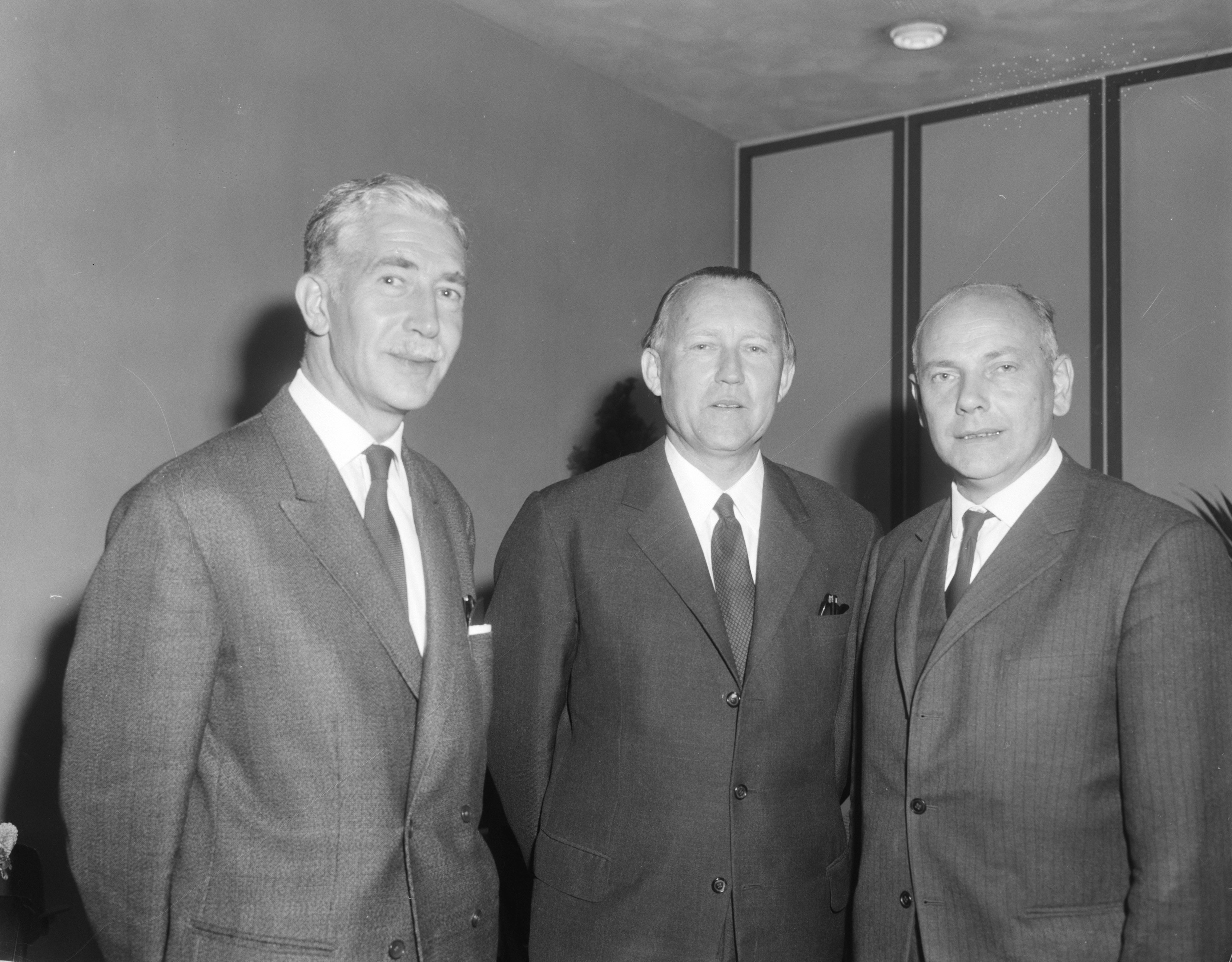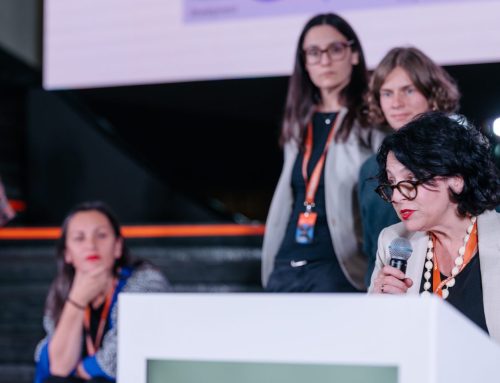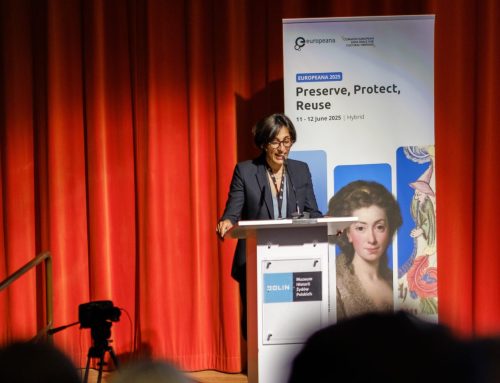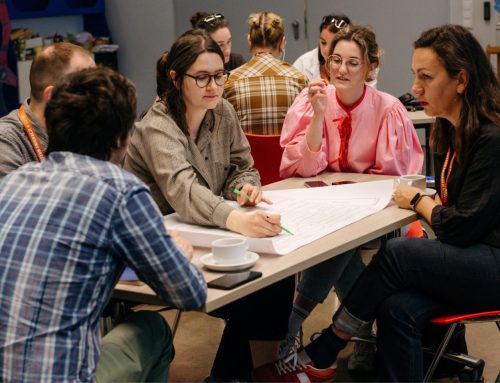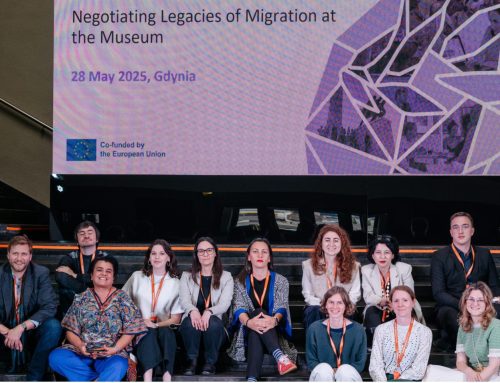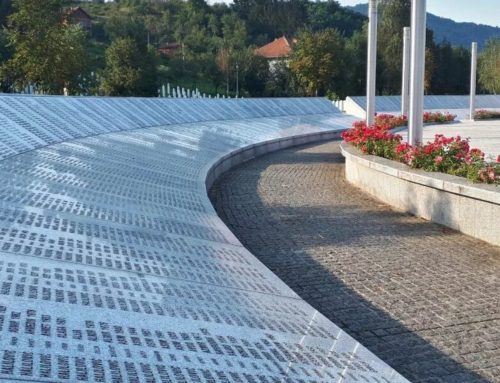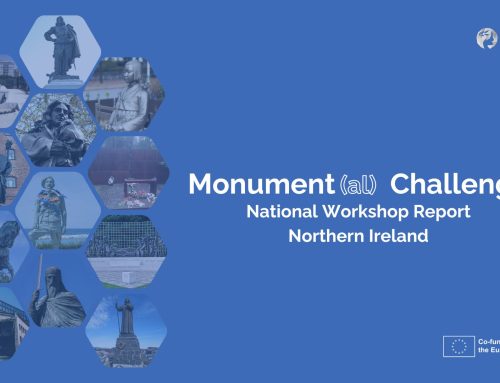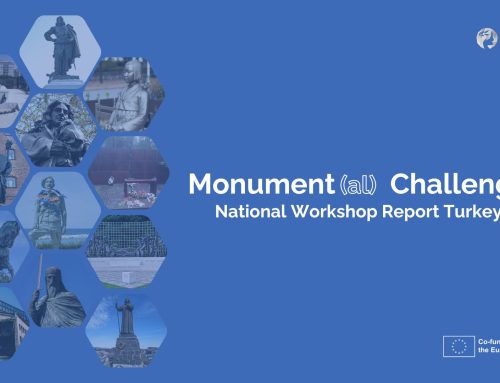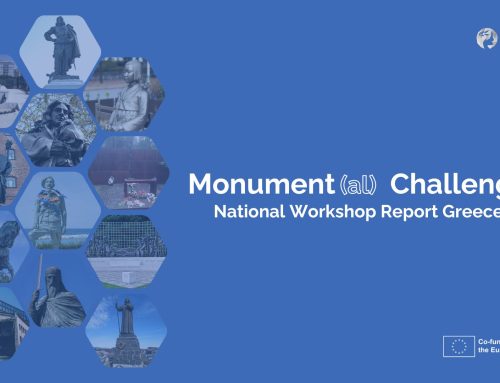This obituary was written by Ineke Veldhuis-Meester, EuroClio Ambassador.
A European of the first hour, Edmund Wellenstein, a disciple of Jean Monnet and Robert Schuman, has passed away. This Dutch pioneer of the European integration was present in Luxembourg at the birth in 1952 of the European Coal and Steel Community (ECSC), the precursor of today’s European Union. As high official of the High Authority of the ECSC his first task was to prepare an agreement on a fair market for metal scrap.
Wellenstein “believed” in Europe—not so much as a utopia, but as a clever political move: as the best response to the post-war situation in the world. His time was that of the old six: Germany, France, Italy and the Benelux countries. They all could sit together around the table, and after three days of discussion the six could agree. Being an amiable and perceptive person himself, his adagio was and is that Europe should not be guided by fear but by leadership. In the early seventies he was the European Economic Community (EEC) negotiator, to guide the British into the European Community. When speaking of European-United Kingdom relations, Edmund Wellenstein immediately comes to mind.
He experienced Euroscepticism taking root in Europe, for example in Dutch politics in 2002 after the murder of Pim Fortuin, or in the British questioning their membership every now and then, as we are now at the brink of a Brexit. He saw today’s European policy as an incomprehensible squandering of a “precious legacy”:
Like a bunch of spoiled boys we are going to treat Europe as a luxury problem, rather than as a necessity. We live it every day, every year. Where would we be without Europe?
In an interview some years ago he expressed his astonishment: “In two years a natural, wholesome and for the Netherlands as founding father prestigious dimension of our policies, the idea of European integration, turned into that of a strange, uncontrollable power, which is after our individuality.” In his comments he reminds us Europeans of two conditions for keeping a firm hold on our destiny in a turbulent world: political craftsmanship, i.e. high professional skills of the political leaders, and—his main concern in his last years—political leaders who can bring this message to their populations.
For videos of Edmund Wellenstein’s interviews, please visit the Centre Virtuel de la Connaissance sur l’Europe (CVCE) archives.
Biography of Edmund Wellenstein
- Born on 20 September 1919 in ‘s-Gravenhage (NL), died on 27 February 2016 in ‘s-Gravenhage
- Nationality: Dutch
- Field Secretary in the United States for the World Student Service Fund’ (1945 1946)
- Official in the Queen’s Private Office (1947 1950)
- Head of Germany’ Division and Director-General for European Affairs in the Netherlands Ministry of Foreign Affairs (1950 1952)
- Secretary of the Markets, agreements, transport’ working group at the High Authority of the European Coal and Steel Community (ECSC) (1953 1956)
- Secretary of the High Authority of the ECSC (1957 1960)
- Secretary-General of the High Authority of the ECSC (1960 1967)
- European Commission Director-General for Foreign Trade (1968 1970)
- Head of the European Commission delegation for negotiations on enlargement of the European Communities (1970 1972)
- European Commission Director-General for External Relations (1973 1976)
- Co-President for Development at the Paris Conference on International Economic Cooperation (1976 1977)
Source: CVCE, Short biography of Edmund Wellenstein, http://www.cvce.eu/en/obj/short_biography_of_edmund_wellenstein-en-c4ed5c1f-d140-45c7-a512-0dce35f457d4.html.

